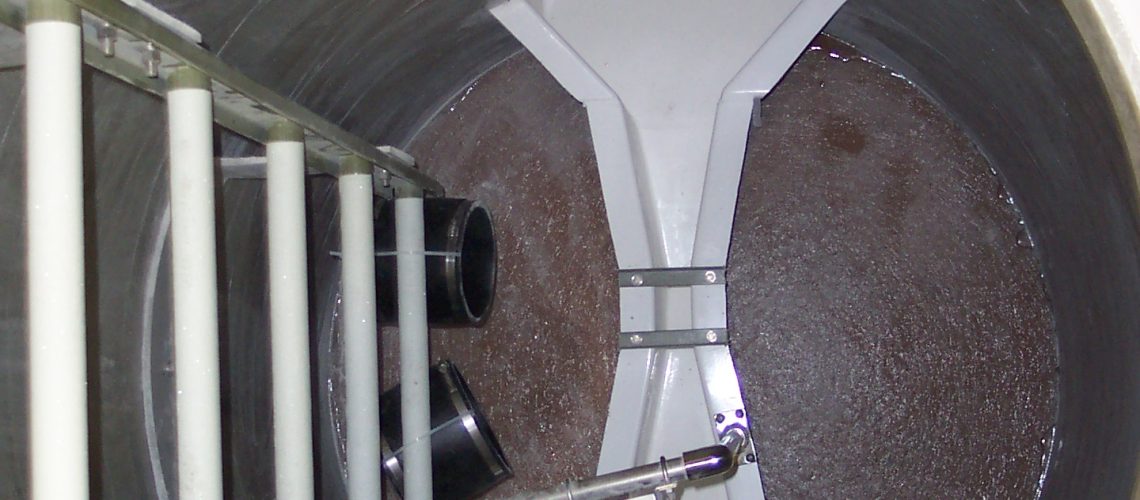Parshall flumes are the most popular style of flume in the world. While they’re not universally applicable to every single situation, they’re pretty close. Even when they’re not the best suited for the job, they can generally provide the accurate measurements you need without issue. If you’re looking to get one of your own, however, you’ll need to make sure it’s made from the right stuff. Check out the benefits of fiberglass Parshall flumes, and discover what advantages fiberglass construction can bring.
Evaluating Materials
Before diving into the various materials available, it’s important to recognize what exactly needs to be evaluated. Many would turn just to construction cost and durability, but that’s only a small portion of the overall cost. Quite a few different factors go into determining which material is actually the best, and you’ll have to take a look at each one.
While cost is obviously going to be the most important factor for the majority of people buying Parshall flumes, that cost isn’t solely restricted to construction. You also have to consider the cost of installation and the cost of maintenance. This cost isn’t solely represented in terms of money, either, but also time. Additionally, you’ll need to think about the abuse any given material can take, especially if you’re dealing with a particularly corrosive kind of flow.
Concrete
Concrete flumes are quite common in wastewater treatment plants, but they’re more often than not flumes that could function just as well if they were made from fiberglass. The only real exception is massive flumes that are more than 180 inches in size. When you have a flume that big, it’s simply not economical to front the cost for the temporary molds necessary for fiberglass construction.
In most cases, fiberglass has quite a few advantages over concrete. The primary advantage is durability. Fiberglass Parshall flumes are outfitted with polyester resins that are applied as part of the construction process. They can also be resistant to hydrogen sulfide, which can be common in wastewater flows. Concrete doesn’t offer those same protections. Hydrogen sulfide can be particularly damaging, as contact with concrete can turn it into sulfuric acid. Several chemical reactions later, and you have molecules in your flow that can tear down a concrete Parshall flume.
Galvanized Steel
For the most part, galvanized steel Parshall flumes are used with water rights applications and irrigation channels. Since those kinds of flows aren’t really all that corrosive, you don’t need a flume that can withstand excessive abuse from its flows. That being the case, fiberglass’s durability doesn’t bring much of an advantage to the table.
Even in water rights applications, however, fiberglass Parshall flumes can offer a few distinct advantages over galvanized steel. Galvanized steel is easier to construct, but it’s not as easy to install. It’s significantly heavier than fiberglass, and that alone can increase installation costs past the threshold of money saved utilizing steel rather than fiberglass. Plus, fiberglass flumes require less maintenance as they don’t rust.
Fiberglass Parshall Flumes from Tracom
When you’re looking to take advantage of the benefits of fiberglass Parshall flumes, look no further than Tracom. Our elite team can work with you to create a fiberglass Parshall flume that works uniquely with your flow channel. Contact us today to learn more!


